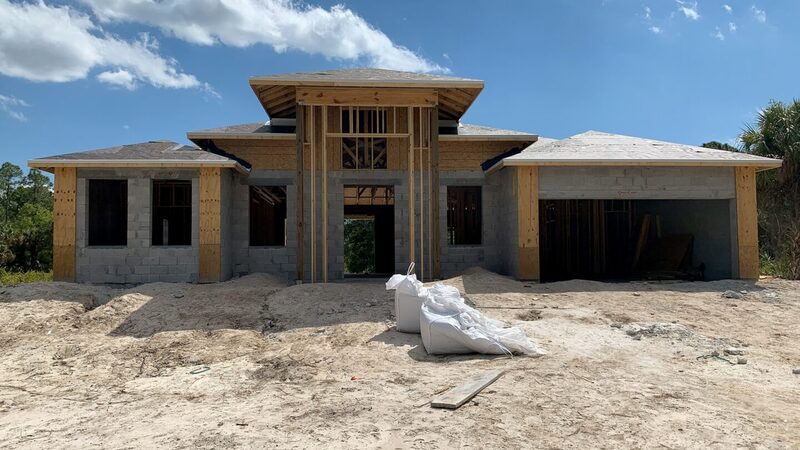Achieving financial success in the construction industry requires more than just skilled craftsmanship and project management. For US construction businesses, managing finances strategically can be the difference between profitability and missed opportunities. Many professionals search for Home Builder Accounting to find solutions that address their unique financial needs. Implementing industry-specific accounting practices not only streamlines operations but also enhances transparency, compliance, and profitability.
Why Home Builder Accounting Matters for Construction Businesses
Construction accounting is distinct from traditional accounting. Project-based work, fluctuating costs, and complex contracts present unique challenges for home builders. Specialized accounting strategies help construction businesses:
• Track costs accurately by project or phase
• Manage cash flow efficiently
• Ensure compliance with tax regulations and reporting
• Identify profitable projects and areas for improvement
By adopting home builder accounting methods, businesses gain a clearer picture of their financial health and are better equipped to make informed decisions.
Essential Strategies for Effective Construction Accounting
1. Job Costing and Project Tracking
Job costing is the backbone of effective construction accounting. It involves assigning costs to specific projects, phases, or even tasks. This granular approach allows businesses to:
• Monitor expenses in real time
• Compare estimated vs. actual costs
• Adjust budgets proactively to avoid overruns
Accurate job costing helps identify which projects are most profitable and where resources can be optimized.
2. Revenue Recognition and Progress Billing
Achieving financial success in the construction industry requires more than just skilled craftsmanship and project management. For US construction businesses, managing finances strategically can be the difference between profitability and missed opportunities. Many professionals search for Home Builder Accounting to find solutions that address their unique financial needs. Implementing industry-specific accounting practices not only streamlines operations but also enhances transparency, compliance, and profitability.
WAchieving financial success in the construction industry requires more than just skilled craftsmanship and project management. For US construction businesses, managing finances strategically can be the difference between profitability and missed opportunities. Many professionals search for Home Builder Accounting to find solutions that address their unique financial needs. Implementing industry-specific accounting practices not only streamlines operations but also enhances transparency, compliance, and profitability.
WUnlike many industries, construction projects may span months or years. Recognizing revenue accurately is crucial for financial reporting and tax compliance. Common methods includAchieving financial success in the construction industry requires more than just skilled craftsmanship and project management. For US construction businesses, managing finances strategically can be the difference between profitability and missed opportunities. Many professionals search for Home Builder Accounting to find solutions that address their unique financial needs. Implementing industry-specific accounting practices not only streamlines operations but also enhances transparency, compliance, and profitability.
• Percentage-of-completion: Revenue is recognized as work progresses, matching costs and earnings to the project’s timeline.
• Completed contract: Revenue and expenses are recorded when the project is finished, suitable for shorter or simpler projects.
Progress billing, which involves invoicing clients at various project milestones, supports healthy cash flow and ensures businesses are paid for work completed.
3. Managing Change Orders and Contingencies
Change orders are common in construction, often impacting budgets and timelines. Effective accounting systems track these changes, ensuring that all additional costs are documented and billed appropriately. Establishing contingencies for unforeseen expenses helps reduce financial risk and maintain profitability.
4. Compliance and Tax Planning
Construction businesses must navigate complex tax laws, including sales tax, use tax, and payroll regulations. Staying up to date with changing requirements minimizes the risk of penalties and unexpected liabilities. Partnering with accounting professionals familiar with construction regulations ensures accurate reporting and maximizes tax-saving opportunities.
Technology and Automation in Home Builder Accounting
Modern accounting software tailored for construction businesses streamlines invoicing, payroll, and reporting. Automated systems reduce manual errors and save time, allowing business owners to focus on growth and client satisfaction. Cloud-based platforms further enhance collaboration between field and office teams, providing real-time access to financial data.
Building a Profitable Future
Mastering financial success requires adopting accounting strategies designed for the construction industry. From accurate job costing to proactive tax planning, these practices empower US home builders to operate more efficiently and profitably. Staying ahead of industry trends and leveraging technology can further enhance financial management and support long-term growth.
Ready to strengthen your business’s financial foundation? Start implementing proven accounting strategies tailored for home builders and see the difference in your bottom line.

